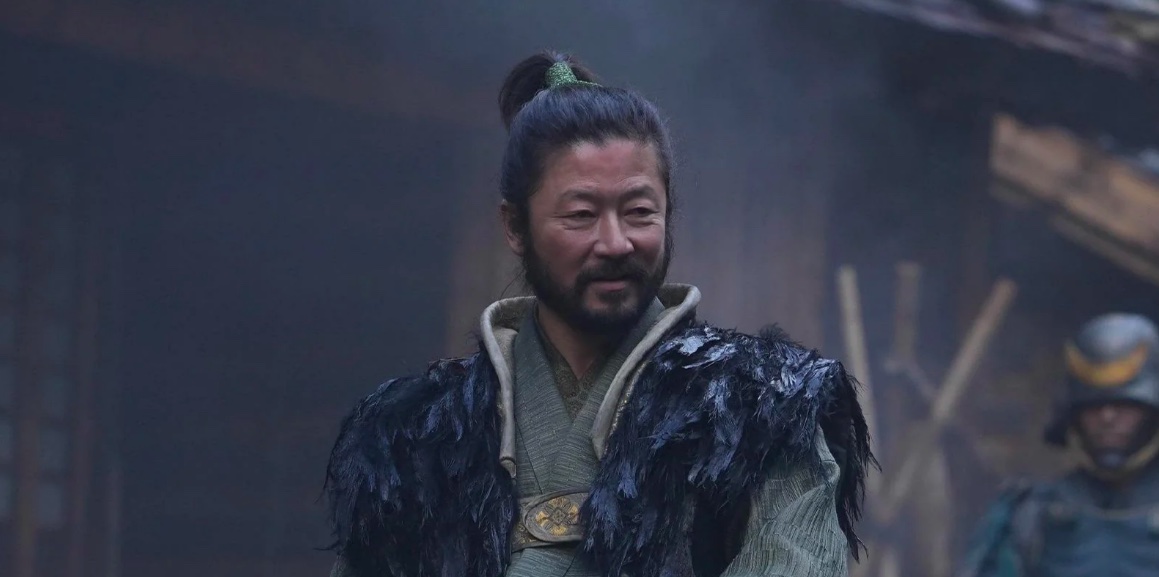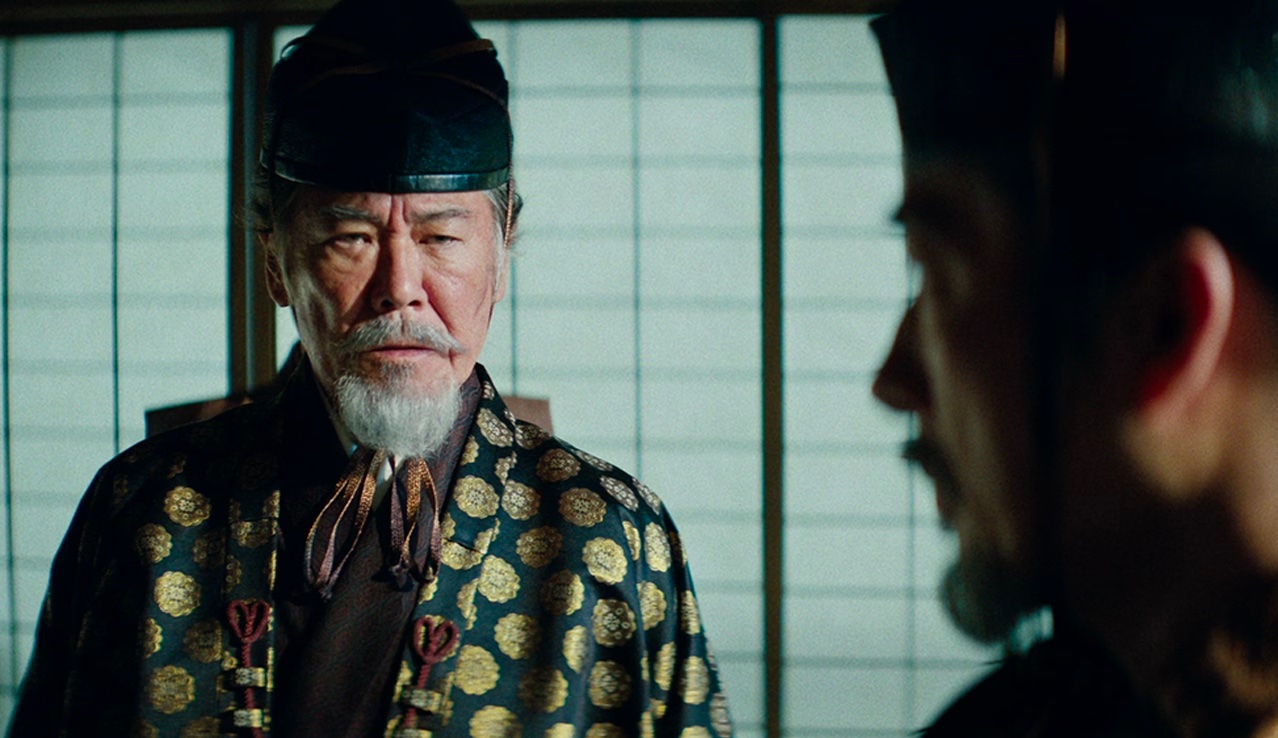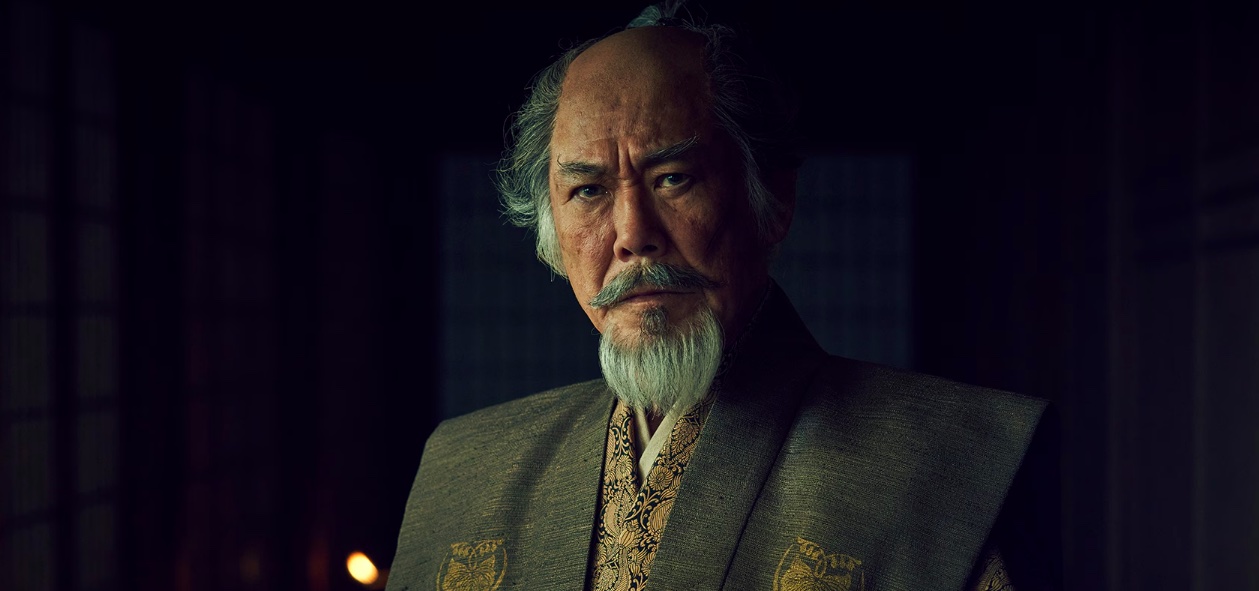If there is one thing Lord Toranaga in FX’s ‘Shōgun’ knows, it is how to keep a poker face, no matter what happens to him. The paragon of composure, his expressions barely betray an ounce of whatever is going on inside his head, and that’s what makes him so formidable. But keeping his thoughts and machinations so well-guarded also threatens to become a problem when his own people start to lose faith in him, when they fail to give him the benefit of the doubt, trusting in him to make the right moves, no matter how defeated he might seem. He faces this distrust from all his people. All but Lord Hiromatsu. SPOILERS AHEAD
Toda Hiromatsu Makes the Ultimate Sacrifice for Lord Toranaga
Having known Toranaga since he was a “piss-dripping boy,” Hiromatsu knew Toranaga better than anyone else. He’d accompanied Toranaga in all the battles he fought and the wars he never lost. So, now that Toranaga seemed all defeated and ready to give up, Hiromatsu knew it was part of a grander scheme. To allay the doubts of others, he even tells them, following the meeting with the Portuguese priest in Edo, that Toranaga plans to fight; otherwise, he wouldn’t have sent the priest with a message to Osaka.

It should have been enough for them, but some generals were not convinced. They believed that Toranaga was giving up without even putting up a fight, and by doing so, he was dishonoring his position as the Lord while also taking down everyone else with him, as all those loyal to him would have to commit seppuku with him in Osaka. It is one thing to die on the battlefield, but for all of them to die in vain is not something that they could accept. And Toranaga expected this, especially after his son’s death.
Let there be no doubt that when Toranaga decided to surrender, he already had a plan. It was highly dicey because he had to rely on the people around him to act just as he expected them to. If even one of them strayed from their path, his plan would be ruined even before he started to act on it. He couldn’t risk it, so he didn’t share it with anyone. Only when he needed someone to play a part would he let them in on it, and this would mean that he expected them to go through with whatever he had in mind for them. This is where Lord Hiromatsu comes in.
For Toranaga’s plan to work, it was extremely important for his enemies to think they’d bested him. A large part of his army was gone. He could have received help from his half-brother, Saeki Nobutatsu, so the enemy got to him first, blocking Toranaga’s attempt to gather forces for his cause. And then, his son died. Considering how everything has unfolded, one wonders if Nagakado’s death was also a part of Toranaga’s plan. Seeing how well-informed he is about everyone’s behavioral patterns, he must have expected his impatient son to do something reckless, like attack Saeki. And still, he let it happen.

Whether or not Toranaga let his son die is up for debate, but when it comes to Hiromatsu, the decision was already made. Lord Ishido needed to believe that Toranaga had given up all hope. Something drastic needed to be done to leave that beyond doubt. This is why Toranaga put up with acting like he had fallen sick, why he didn’t attend his own son’s funeral, and why, despite the pleas and threats of his general, he did not budge at all.
It’s not that Toranaga didn’t try easier ways. He had a meeting with the Catholic priest and made it a point to tell him to get the message of his defeat to Osaka. He had hoped this sign would be enough for his people to have faith in him and give him more time, but he also knew that some of them were impatient and lacked trust, and it was through them that his actual plan would be put into motion. A part of the plan was for John Blackthorne and Yabushige to join forces. Toranaga needed that alliance to happen behind his back. But that wasn’t it. He needed a display of dissent in his court, something that would act as the final straw to confirm his fall to the enemy. And that would only happen if he lost his most trusted man: Hiromatsu.
If Toranaga’s followers believed he wouldn’t go down without a fight, his enemy would also think the same. He needed to remove any doubt regarding his surrender, which is why it was planned that Hiromatsu would kill himself in court after trying to convince Toranaga to change his mind. Because, as the rest of the world would see it, if Hiromatsu couldn’t convince Toranaga to fight, no one else could. And that would convince everyone that Toranaga was, in fact, defeated. Hiromatsu understood the importance of his sacrifice and died just as he lived: being dutiful to the man he had served his entire life, doing exactly what was expected of him, and, thus, putting Toranaga’s plan in motion.
Read More: Is Shōgun’s Lord Yoshii Toranaga Based on a Real Japanese General?


You must be logged in to post a comment.